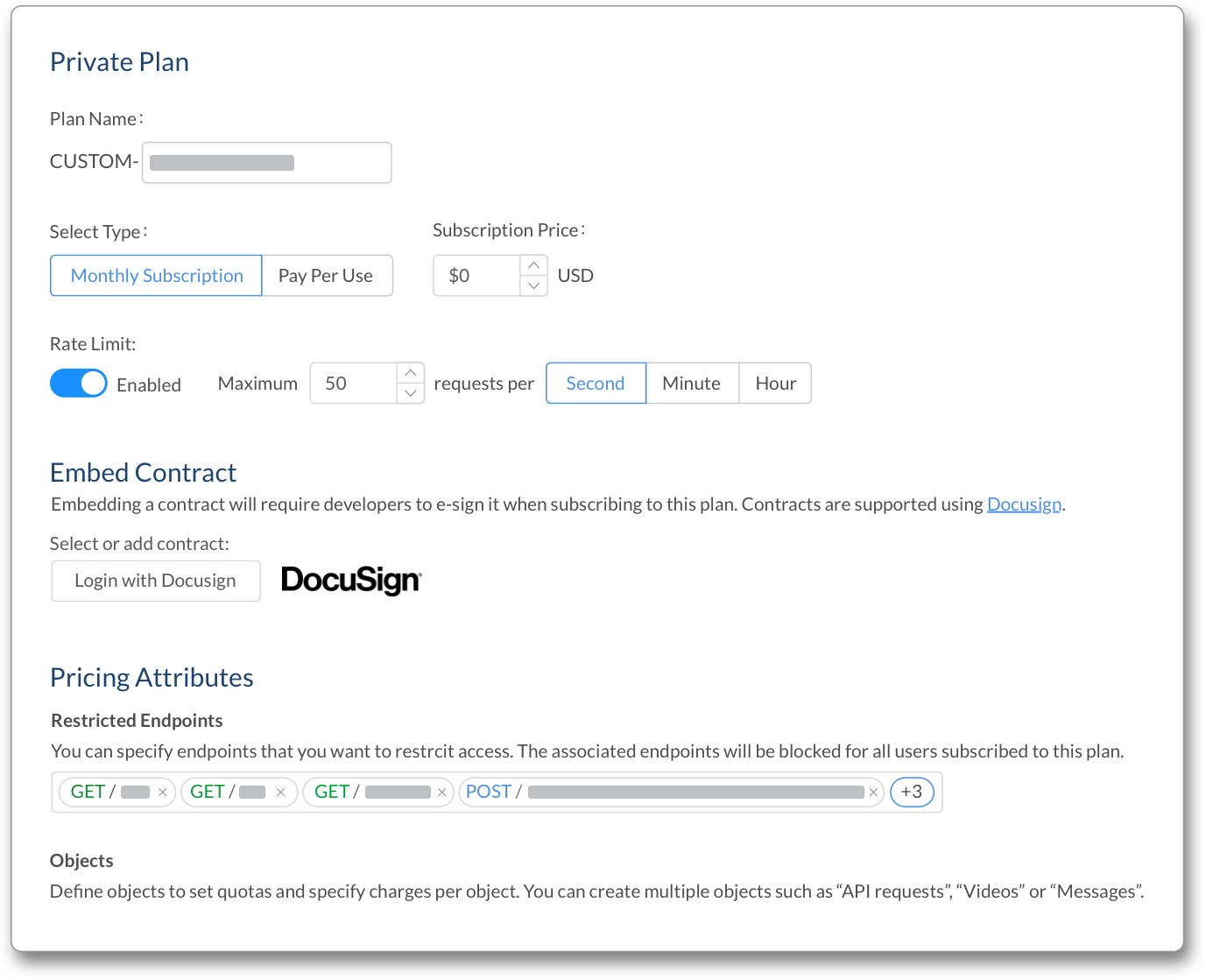RapidAPI Hub
Find and connect to thousands of APIs
One SDK. One API key. One dashboard.
One SDK. One API key. One dashboard.
There are thousands of APIs out there that do things like store files, enrich data, and send messages.
Because each API has its own structure, data format, and networking protocols, finding and connecting to the right one can be difficult and time-consuming.
RapidAPI is the world’s largest API hub with over 3 million developers accessing more than 30,000 APIs.
Sign up for a free account and discover the APIs that work best for your project or application. With RapidAPI you can:
RapidAPI makes it easy to connect to REST, SOAP, GraphQL, or Asynchronous APIs. For each API you’ll see performance metrics like average latency, uptime, and popularity. You can test API requests from your browser and:
Manage applications and API keys using a single dashboard within RapidAPI.
